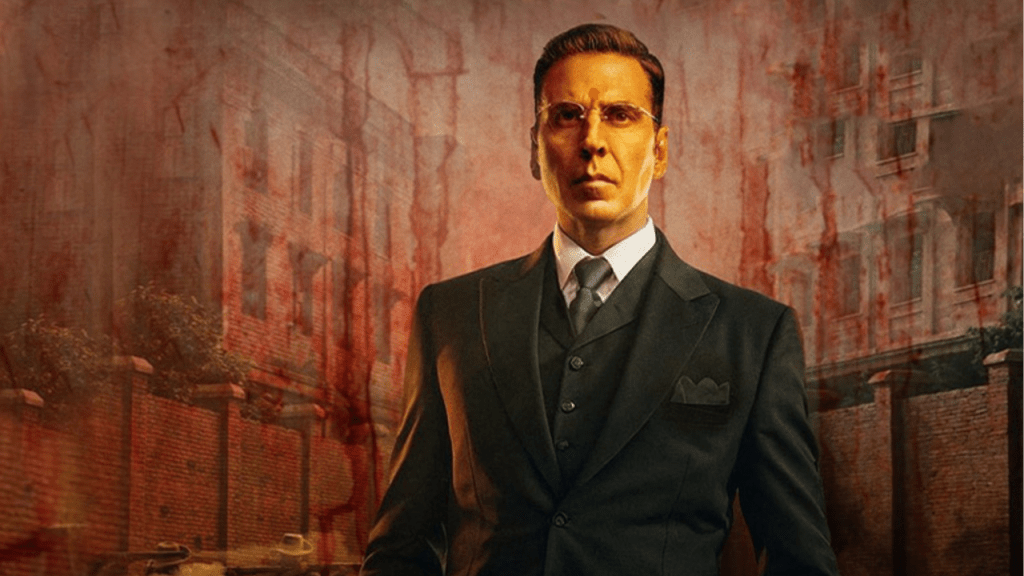The clang of iron gates, the roar of protest, and a courtroom that dared to challenge the might of the British Empire—Kesari Chapter 2: The Untold Story of Jallianwala Bagh promises to be more than just a sequel. With Akshay Kumar stepping into the role of the fearless nationalist Sir C. Sankaran Nair, and co-stars R. Madhavan and Ananya Panday by his side, the film has piqued the curiosity of cinephiles and history buffs alike. But the question on everyone’s mind is: is this intense courtroom drama based on a real story?
Kesari Chapter 2: Inspired by Real Events, Rooted in History
Yes, Kesari Chapter 2 is inspired by actual events and real historical figures. The film draws heavily from The Case That Shook The Empire, a biographical book written by Raghu Palat and Pushpa Palat. It narrates the powerful and largely untold story of Sir C. Sankaran Nair, an Indian lawyer and nationalist who used the British legal system itself to expose the brutalities of the colonial regime.
The backdrop is the infamous Jallianwala Bagh massacre of 1919, a tragic and pivotal moment in India’s freedom struggle. Following the massacre, Sankaran Nair, who was then a member of the Viceroy’s Executive Council, resigned in protest—an act that reverberated across both India and Britain.
Check out the movie review: Kesari Chapter 2 Review: Akshay Kumar Brings C Nair’s Jallianwala Bagh Fight to Life in a Gripping Courtroom Epic
A Legal Battle That Shook an Empire
The heart of the film lies in a defamation case—a rare moment in colonial history where an Indian citizen openly challenged one of the most powerful British administrators of the time: Michael O’Dwyer, the former Lieutenant Governor of Punjab, who had endorsed General Dyer’s actions during the massacre.
Sankaran Nair, through his book Gandhi and Anarchy, openly criticized O’Dwyer’s role in the massacre. The resulting legal battle unfolded in the prestigious Court of the King’s Bench in London and became a landmark case that drew international attention to India’s plight under British rule.
The courtroom drama was not just about legal arguments—it was about exposing the truth. Sankaran Nair presented damning evidence from the Hunter Commission and included testimonies from witnesses who had seen the massacre firsthand. Despite the high stakes and enormous pressure, Nair’s commitment to justice remained unshaken.
Must read: Akshay Kumar Transforms into a Kathakali Dancer in ‘Kesari 2’: A Powerful Tribute to C. Sankaran Nair
Fact Meets Fiction
Director’s vision and cinematic liberties aside, what makes Kesari Chapter 2 feel real is its emotional and political weight. The film doesn’t simply retell a historical event—it brings to life the struggle of an individual against a mighty empire, the courage to speak up when silence was expected, and the fire of patriotism that burned even in the cold halls of a colonial courtroom.
While dramatization is a part of any cinematic adaptation, the core of Kesari Chapter 2 remains true to the real-life defiance of Sankaran Nair. His great-grandson, Raghu Palat, ensures that the essence of this fight isn’t lost, preserving the spirit of rebellion and justice through the pages of his book and now on screen.
Why It Resonates
Much like Sardar Udham or Gandhi, Kesari Chapter 2 reminds us of the lesser-known heroes of India’s independence movement. It introduces a new generation to a man who fought colonial injustice not with weapons, but with words and wit.
The powerful teaser already hints at a gripping drama filled with passion, resistance, and courtroom intensity. And with Akshay Kumar leading the cast, there’s hope that this film will bring Sankaran Nair’s legacy into mainstream consciousness.
Check Out: Kesari Chapter 2 Trailer Review: Akshay Kumar and R Madhavan Lead a Powerful Tale of Justice and Resistance
So, Is It Based on a True Story?
Absolutely. While Kesari Chapter 2 isn’t a scene-by-scene recreation of historical records, it is deeply rooted in real events. It sheds light on one of the most critical but underrepresented legal battles in India’s colonial past. It’s not just a film—it’s a tribute to an unsung hero whose courage echoed across empires.
In the end, Kesari Chapter 2 may be a cinematic creation, but its soul belongs to history.


